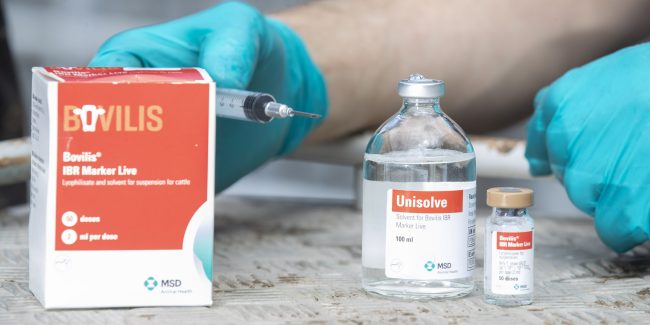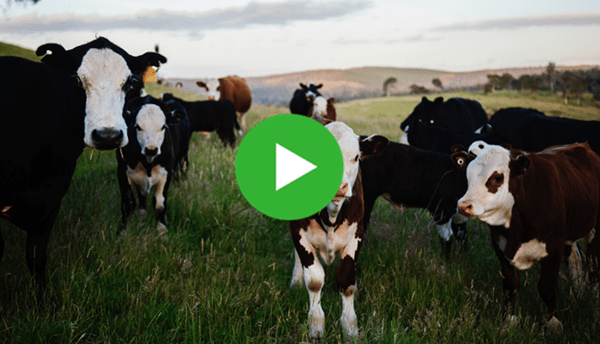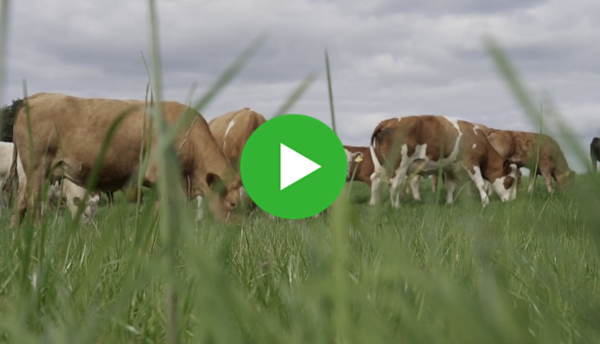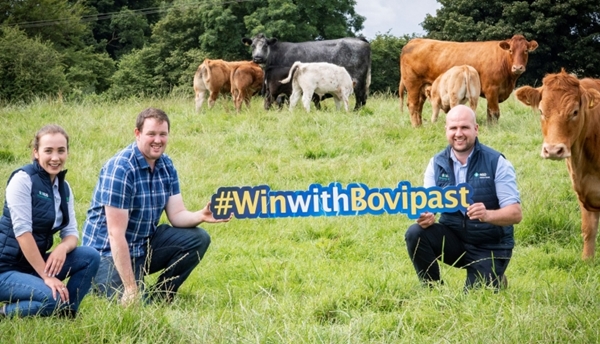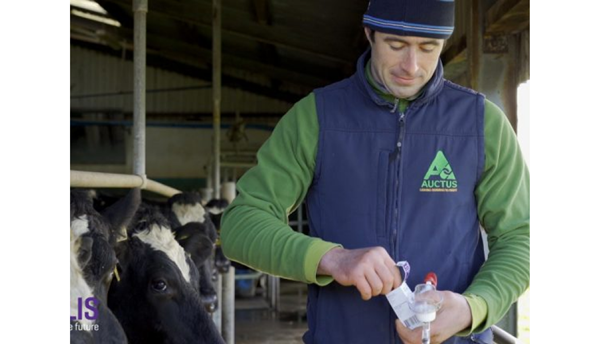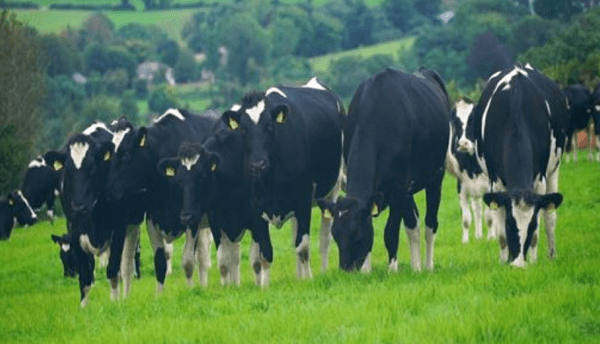

NEWS
‘Vaccinating my sheep against abortion gives me great peace of mind’
11th July 2020
Bought-in ewe hoggets resulted in a serious abortion outbreak for Galway sheep farmer Bernie Geraghty.
“Around seven years ago, I bought 28 hoggets and a third of them aborted. Ever since then, I have been vaccinating against both enzootic abortion of ewes and toxoplasmosis.”
“I vaccinated the entire flock the first year. I now only need to vaccinate the replacement ewe lambs.”
“Even though I now breed my own replacements, I feel vaccination against abortion is a worthwhile and cost-effective method of control. It gives great peace of mind,” said Bernie who runs a flock of 140 ewes and 25 replacement ewe lambs at Doon, Kilconnell.
He is participating in an information and awareness campaign run by XLVets on the risks and costs of abortion and the role that vaccination plays in a strategic control plan. The campaign is run in association with MSD Animal Health which manufactures vaccines for the control of both toxoplasmosis and enzootic abortion.
Campaign
As part of the campaign Bernie Geraghty was joined on his farm by John Jenkins from the nearby parish of Ballymacward.
John, who combines farming with an off-farm job, runs a flock of 70 ewes. He has not been vaccinating against abortion up to now but is now seriously considering the introduction of vaccination as part of his sheep health programme.
Their discussion was videoed and is being disseminated through a range of platforms to the wider farming public.
Veterinary Advice
Bernie Geraghty is in the happy position of having his son Conor as his veterinary practitioner and he also participated in the videoed discussion.
Based in Mountbellew, Conor and practitioner Gerry Neary run Geraghty and Neary Veterinary, based in Mountbellew. The practice services some 1,400 farmers in east Galway and south Roscommon.
Conor is also current President of Veterinary Ireland and is a director of XLVets Ireland, a network of over 30 independently owned veterinary practices nationwide that share knowledge and experiences in order to improve the quality of service to farmers.
He believes that discussion among farmers is the key to the adoption of new and better practices and this is the driver behind the current XLVets campaign on the role of vaccination in reducing abortion outbreaks.
Vital to establish the causes of sheep aborting
“Always investigate the reasons for abortions. Arrange with your vet for swabs to be sent to FarmLab Diagnostics in Elphin and for foetuses and placentae to be sent to the regional veterinary laboratory,” urged Conor Geraghty.
Analysis by regional veterinary laboratories shows toxoplasmosis and enzootic abortion to be the leading causes of abortion in sheep.
He said outbreaks of toxoplasmosis and enzootic abortion are regular occurrences on client farms every year. He recalled an outbreak on one client’s farm two years ago where 50% of the flock aborted.
Mental Impact
“As well as the huge financial costs involved, an abortion outbreak has a severe mental impact on farmers and their families.”
He said that while toxoplasmosis is not passed from ewe to ewe, enzootic abortion is highly infectious with organisms passed from ewe to ewe in infected afterbirth, on new lambs and in vaginal discharges for up to three weeks after lambing.
“Where enzootic abortion is diagnosed, it is vital to isolate aborted ewes. If fostering, only foster male lambs.
“Where an outbreak occurs, the use of an antibiotic injection may reduce the number of enzootic abortions. But this should only be done in consultation with the vet.”
Vaccination
He said vaccination as part of a flock health plan plays an important role in protecting against toxoplasmosis and enzootic abortion. It also reduces the use of antibiotics, a hugely important issue in the current climate of concern about over-use of antibiotics.
“The one shot vaccines for toxoplasmosis and enzootic abortion can be given to breeding ewes and lambs (from five months of age) during the non-pregnancy season. Vaccination must be completed at least four weeks before sheep go to the ram.
“The two vaccines can be administered at the same time, but not mixed, and must be given in separate injection sites. Generally, just one shot of each vaccine is required during the lifetime of the ewe.”
What you need to know about toxoplasmosis and enzootic abortion
Toxoplasmosis, caused by a microscopic parasite Toxoplasma gondii (T. gondii), is most commonly caused by contaminated cat faeces in feed, bedding or manure or directly on to pasture.
A single cat dropping can contain enough eggs to infect more than 100 ewes and almost 75% of ewes are believed to come in contact with T. gondii during their lifetime.
Symptoms can include barren sheep, abortions, stillbirths, weakly lambs and mummified foetuses.
Vaccination is the only way to effectively build uniform immunity to toxoplasmosis in the flock. As older ewes are more likely than younger ewes to have already been in contact with T. gondii, it may be an option to vaccinate the younger sheep and then vaccinate all replacements as they enter the flock.
Where the risk of infection is high on a heavily contaminated farm populated with previously unexposed sheep, initial whole flock vaccination is cost effective.
Enzootic abortion
An outbreak of enzootic abortion, caused by a bacteria-type organism called Chlamydophila abortus, can result in 30% of sheep aborting. The disease is usually caused by infected bought-in replacements but it can also be spread by wildlife carrying infected placentae from farm to farm.
When a ewe aborts she sheds large numbers of organisms, which can infect any in-contact ewe or lamb. These newly infected sheep will not show any signs of infection.
The organisms remain dormant in the body until the ewe lambs again. In infected lambs, they can remain dormant for up to two years. About three weeks before lambing, the placenta becomes inflamed and abortion occurs.
While ewes that aborted often continue to have a normal lambing in subsequent years, they are carriers of the disease and may still shed organisms resulting in infection of other sheep and lambs.
Vaccination will effectively reduce the risk of enzootic abortion as part of a flock health plan. Because there is no test to identify latently infected sheep, it is important to vaccinate all breeding sheep in the first year. After that, only replacements need to be vaccinated.
Sign up to Bovilis® product and event information

MSD Animal Health
Red Oak North, South County Business Park, Leopardstown,
Dublin 18, Ireland
vet-support.ie@msd.com
PHONE
CATTLE DISEASES




